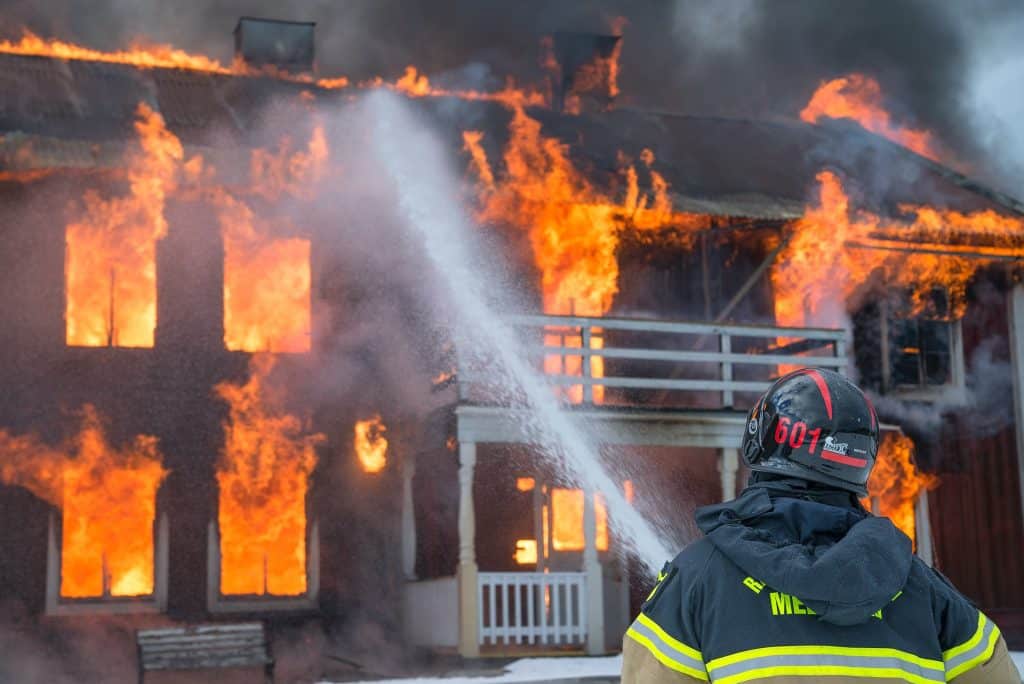The intricate relationship between human behaviour and fire safety is critical in emergencies. Recognizing the psychological factors that shape responses during fire emergencies is vital for effective safety management.
Panic and Stress During Fire Emergencies:
In high-stress situations like a fire, panic can lead to hasty and irrational decisions. Understanding how stress affects behaviour and decision-making is crucial for creating effective evacuation plans.
Training and Familiarity:
Consistent training and regular fire drills can help mitigate the impact of panic by ingraining evacuation procedures in people’s minds. This training should focus on making safety responses automatic, reducing the need for complex decision-making during an emergency.
Group Dynamics and Leadership:
In fire situations, individuals often look to others for cues. Strong leadership can be pivotal in guiding effective evacuation. Identifying and training potential leaders among staff or residents can enhance collective response.
Combatting Complacency:
Ongoing education is critical to combat complacency. Regular updates on fire safety protocols and sharing information about fire risks can help maintain a high level of awareness.
Psychological Preparedness:
Developing psychological readiness is as important as physical preparedness. This includes mental rehearsals of emergency scenarios and encouraging a proactive mindset towards fire safety.
Encouraging Proactive Fire Safety Behavior:
Promoting a culture of safety where every individual feels responsible for fire safety can lead to better preparedness and quicker responses in emergencies.
Understanding human behavior in fire emergencies is a key component in effective fire safety management. By addressing psychological factors, providing regular training, and fostering a culture of proactive safety, the impact of emergencies can be significantly mitigated.


